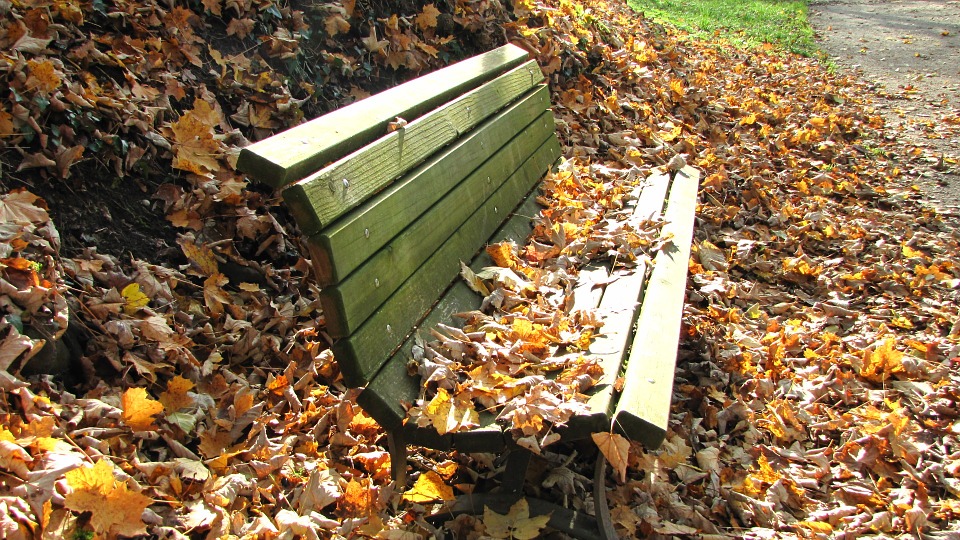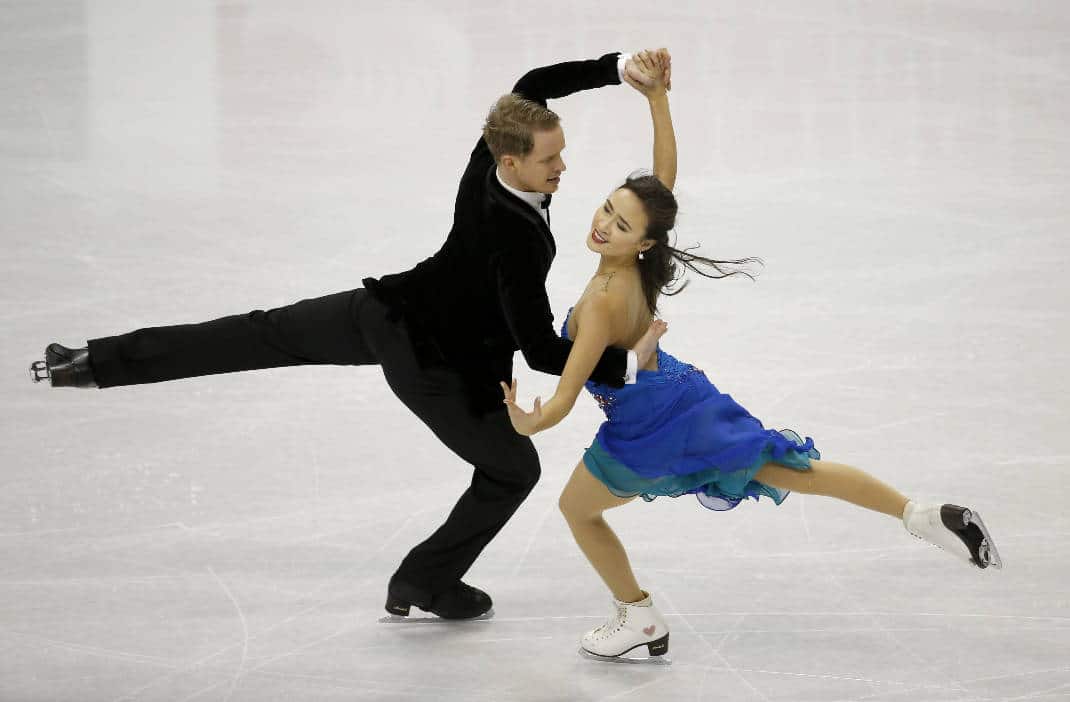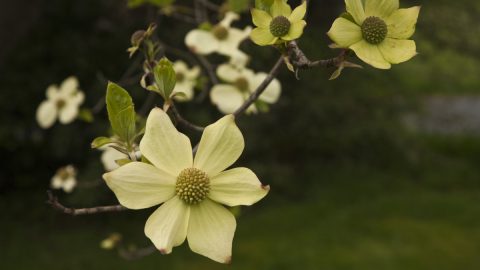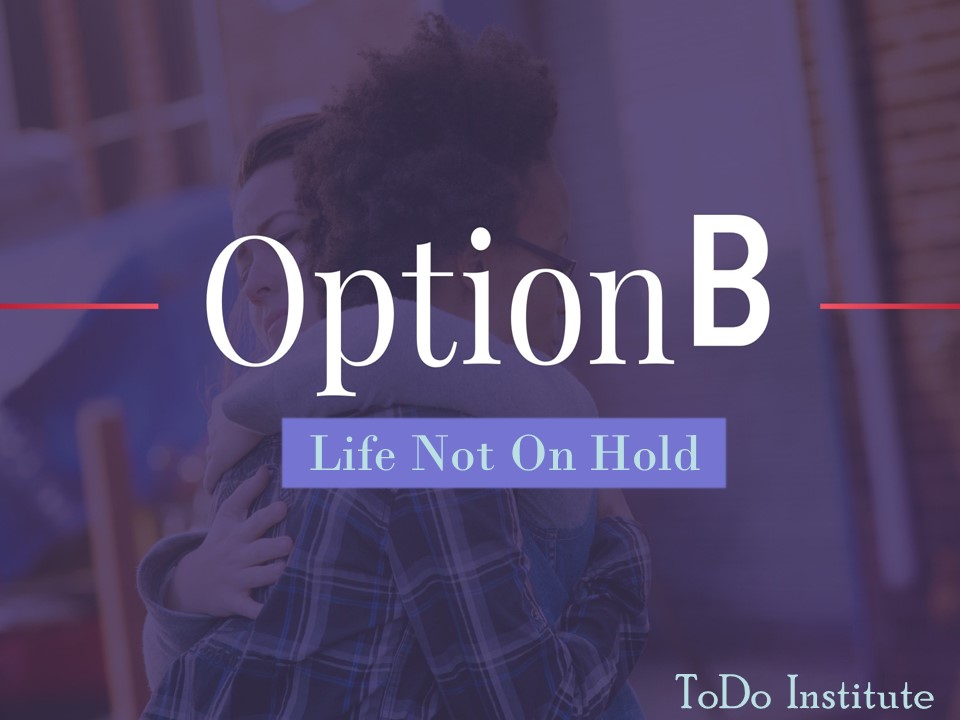Maybe Beauty Is Our Best Compass
By Linda Anderson Krech
For about 15 years our family attended a lovely annual gathering that was hosted by someone in a nearby town. During covid, the event was canceled. But after covid, we never heard another word about the gathering. I didn’t know if the party had resumed again after covid (without us) or not. I was just left with questions, ideas, and feelings. In the absence of facts, I speculated.
I noticed that I felt a bit indignant about the situation. If she was no longer hosting the event, she could have called to say so. If she was still hosting the event, what happened to the invitation that we were accustomed to receiving? My story about her developed a negative spin, no matter how I looked at it.
One day I overheard Gregg talking to someone about Naikan. He said that Naikan helps us go beyond the “emotional coloration” we have about our lives and our relationships. His comment immediately brought to mind this situation. All I had was emotional coloration. What were the facts? What else was true? Just the thought of Naikan helped to reorient me and see the situation from a larger perspective.
I thought about what I had received from her throughout the years – her warm invitations, beautiful and festive home, generous spread of food and drink, opportunity to meet new people, her interest in our lives and attention to my daughters. In return I accepted her invitations, brought a dish to share, and expressed an interest in her life. My preparation time each year was about an hour, while she undoubtedly spent days, between the preparations and the aftermath.
When I stepped back and considered the bigger picture, it interfered with my indignance. I was not entitled to an invitation. An invitation is a gift, and I was not wronged by not receiving this gift. To feel hurt is to be vulnerable. The energy of being hurt is quiet and still. It is humble and simple.
Resentment, on the other hand, is complicated and agitated. It occurs when we think we’ve been wronged. It is like a red flag that tells us we’ve been treated unfairly, or at least we think we have, and gives us an opportunity to take a deeper look, or a broader look, if we care to. Sometimes we have been wronged, but we can’t just assume that’s the case when feelings of resentment arise. Our minds can be tricky and our stories can be incomplete.
When we blame others, we position ourselves above them and look down. I don’t like that position, though I sometimes adopt it. It kinks my neck and I’d rather be on even ground. Naikan is the best way I know to defuse self-righteous indignation and the like.
By looking for simple truths, even the most obvious, particularly the most obvious, our stories can change. By including factors that go beyond self-serving truths, interesting things can happen. Surprising things. Humility can replace arrogance. Gratitude can replace entitlement and resentment. Naikan helps us to go beyond our petty minds and point us toward beauty. (I’m going to finally call you-know-who today, just to see how she’s doing.) Maybe, when all is said and done, beauty is our best compass.
Linda Anderson Krech, MSW, is Program Director at the ToDo Institute. She is the author of Little Dreams Come True and has been practicing and writing about Japanese Psychology for more than 30 years.
Photo credit: Mosaic Lab












